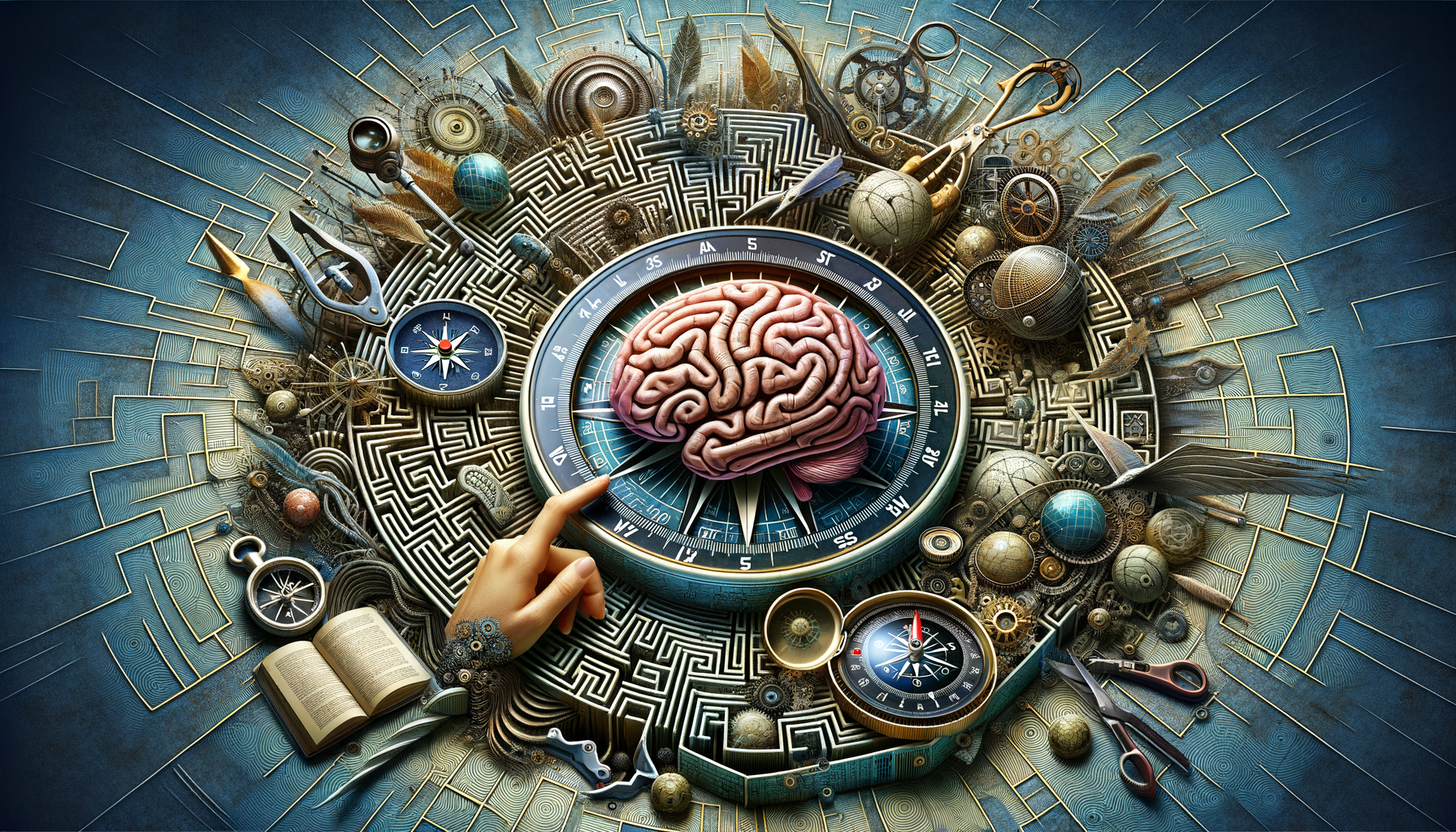Understanding Dementia: An Overview
Dementia is a broad term that describes a range of symptoms affecting memory, thinking, and social abilities severely enough to interfere with daily functioning. It is not a specific disease but rather a syndrome—an umbrella term that encompasses various conditions. Alzheimer’s disease is the most common cause of dementia, accounting for 60-80% of cases. Other types include vascular dementia, dementia with Lewy bodies, and frontotemporal dementia. Each type presents its own set of challenges and symptoms, making diagnosis and management a complex process.
One of the key characteristics of dementia is its progressive nature. Symptoms begin gradually and worsen over time, affecting cognitive functions such as reasoning, judgment, and communication skills. Early signs may include forgetfulness, difficulty in finding the right words, and changes in mood or behavior. As the condition progresses, individuals may experience significant memory loss, confusion, and difficulty performing familiar tasks.
Understanding the cause and type of dementia is crucial for effective management. While some risk factors like age and genetics cannot be changed, others such as lifestyle and cardiovascular health can be modified to potentially reduce the risk of developing dementia. Research into the biological mechanisms of dementia continues to evolve, offering hope for more effective treatments and interventions in the future.
Early Diagnosis and Its Importance
Early diagnosis of dementia can significantly impact the management and progression of the condition. Identifying dementia in its initial stages allows for timely intervention, which can slow down the progression of symptoms and improve the quality of life for individuals and their families. Early diagnosis provides an opportunity for patients to participate in clinical trials and benefit from new treatments as they become available.
Several diagnostic tools and methods are used to detect dementia, including cognitive tests, neuroimaging, and biomarker analysis. Cognitive assessments evaluate memory, problem-solving skills, and other cognitive abilities. Neuroimaging techniques like MRI and CT scans help visualize changes in the brain’s structure, while biomarker tests can detect specific proteins associated with Alzheimer’s disease.
Despite the benefits of early diagnosis, many individuals remain undiagnosed until the disease has significantly progressed. Barriers to early detection include stigma, lack of awareness, and limited access to healthcare resources. Raising awareness about the signs and symptoms of dementia and promoting regular cognitive screening for at-risk individuals can enhance early detection rates and improve outcomes.
Managing Dementia: Strategies and Support
Managing dementia involves a comprehensive approach that addresses both the medical and psychosocial needs of individuals. Pharmacological treatments, such as cholinesterase inhibitors and memantine, are commonly prescribed to manage symptoms and slow disease progression. However, medication alone is not sufficient; a holistic approach that includes lifestyle modifications and supportive care is essential.
Non-pharmacological interventions play a crucial role in dementia management. Cognitive therapies, physical exercise, and social engagement can help maintain cognitive function and improve overall well-being. Creating a structured and supportive environment at home can also enhance safety and reduce anxiety for individuals with dementia.
Caregivers play a vital role in the management of dementia, often providing round-the-clock support. It is important for caregivers to receive adequate training and support to manage the emotional and physical demands of caregiving. Support groups, respite care, and counseling services can provide much-needed assistance and improve the quality of life for both caregivers and individuals with dementia.
The Role of Technology in Dementia Care
Technology is increasingly becoming an integral part of dementia care, offering innovative solutions to enhance the quality of life for individuals with dementia and their caregivers. From wearable devices that monitor health and activity levels to smart home systems that ensure safety, technology provides numerous tools to support dementia management.
One of the promising areas of technology in dementia care is the use of digital applications and platforms for cognitive training and stimulation. These apps offer engaging activities that challenge cognitive abilities, helping to maintain mental acuity and delay the progression of symptoms. Virtual reality and augmented reality technologies also provide immersive experiences that can stimulate memory and improve emotional well-being.
Moreover, technology facilitates communication and social interaction for individuals with dementia. Video calling platforms and social media can help maintain connections with family and friends, reducing feelings of isolation and loneliness. As technology continues to advance, its potential to transform dementia care and support is vast, offering hope for improved outcomes and enhanced quality of life.
Conclusion: Embracing a Compassionate Approach
Understanding and managing dementia requires a compassionate and comprehensive approach that addresses the multifaceted needs of individuals and their families. Early diagnosis, effective management strategies, and the integration of technology are crucial components in navigating the complex landscape of dementia. By fostering awareness and providing support, we can improve the quality of life for those affected by dementia and their caregivers.
As research continues to advance, there is hope for more effective treatments and interventions that can alter the course of dementia. Until then, embracing a compassionate approach that prioritizes dignity, respect, and support remains paramount in enhancing the lives of individuals with dementia and their families.




Leave a Reply